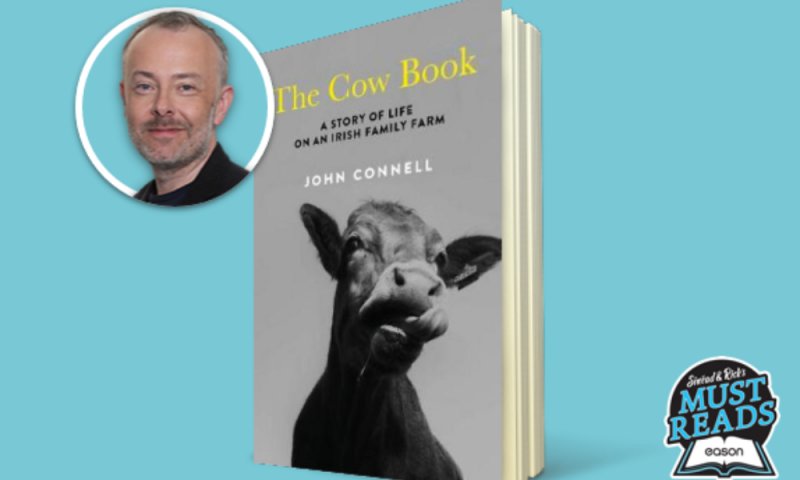I’ve just been out in the yard, up to my elbows in the bloody afterbirth of the cow I helped bring into the world this morning. I had a good talk with the old girl while she was calving and have decided that when the calf is ten he must be sent away to the abattoir. But I’m getting ahead of my story a bit here. I suppose if you were going to read one book in your entire life it should be the Cow Book, or perhaps it would be more accurate to call it The Holstein-Friesian Dairy Cattle Behavioral Guide and Manual for Farmers. It is known by many names but the main point is its beginning: “The cow is a ruminant herbivore the size of a small car.
Devoid of sin or virtue
Like the Bible, the Cow Book is not just one book but contains within it the books that man has written about the cow. It’s the site where the great bovine prophets meet and talk things over, where men and beasts gather to sing their songs and tell their tales. Not unlike the Greek myths which used gods as mere spokesmen for eternal truths and natural ideals like truth, justice and democracy: the cow was neither created nor does she perish; she’s wholly devoid of sin or virtue; we make up our minds about her based on impressions we get from those we trust (and those we don’t).
One such impression I got as a child watching Siegfried Farnon through the window of the snug in the Shires Rest pub in the village. A chorus of male voices would rise through the ceiling as the men stood round the bar discussing the various ways of getting the cow down on the ground so you could do your job with minimum risk to yourself. Siegfried was never actually seen entering or leaving the pub but stories about him were constantly whispered back and forth between farmers there for their evening pint, especially when it had turned chilly outside.
Lower Piddle Brook
There’s always a way if you’re smart enough to find it…” I heard one old boy say one night as he drove his Land Rover out of the car park behind us, “Siegfried Farnon used to be that smart himself. He wasn’t normally one for talking the hind leg off the beasts but I recall the first time I met him. It was the early spring and the grass hadn’t grown enough to last the cows through the winter. They were looking scrawny and weaning them wasn’t going well, even though it was late May already. Siegfried told me that night he’d been studying the problem for a few days and had something to show me the next morning – ‘a real eye-opener’, as he put it – so we agreed to meet early at Lower Piddle Brook where one of the week’s calves had died during the night.
The old boy paused for a moment before adding: “I’ll always remember that walk along the edge of those wet pasture fields the next morning – the mist rising from the still cold grass and the calves bawling for their mothers. I knew the cow had been the same color as the stuff they use to make those white coats doctors wear so you could hardly see her lying there in the field, but she was the only one around who seemed to have any life left in her.
Calves bawling
Siegfried was behind me on the path, using a stick he made out of some brushwood and an old bootlace. Suddenly he stopped and said: “There’s the bugger’s footprint down by that wall. I looked where he was pointing but all I could see were hoof prints everywhere; cows’ footprints dotted about like dusty mounds of fresh dung.
The old boy looked over the table at me for a moment before going on. “I’ll never forget the way Siegfried followed the tracks until he was within a few feet of where the cow lay… He’d taken off his glasses and cleaned them with the end of his handkerchief, but even then I could see the pain in the back of his eyes.
Siegfried didn’t say anything else
Siegfried didn’t say anything else; he just put on that face of his which could pass for cheerful or sad depending how the light was hitting it – sort of half smile, half frown – and went straight back along the wall towards the gate where we’d come in. The way I saw it later was that once Siegfried decided not to do something he never wanted to hear the word again from the person who’d been foolish enough to bring the matter up.


